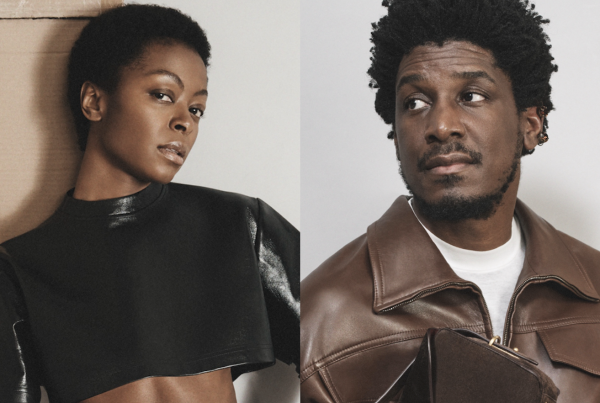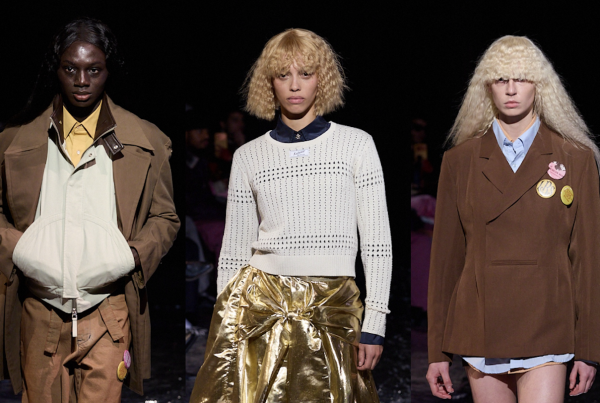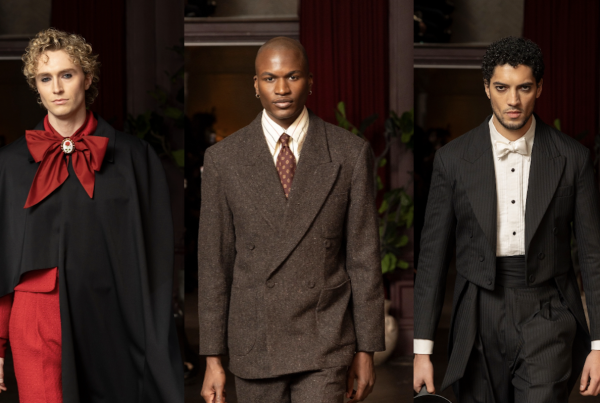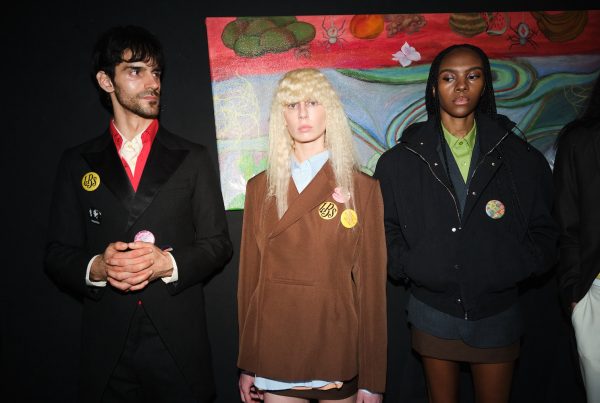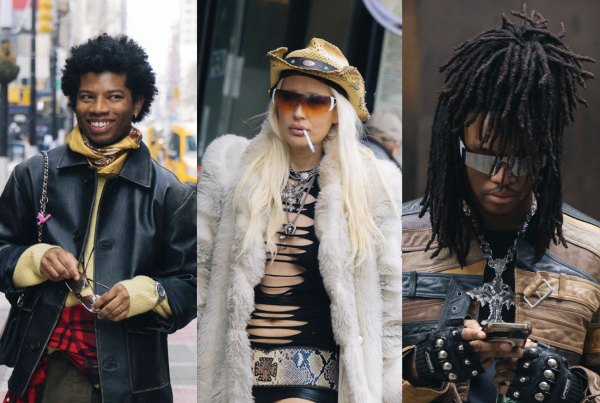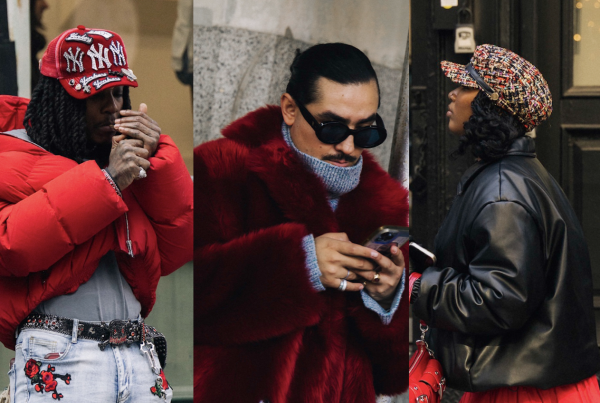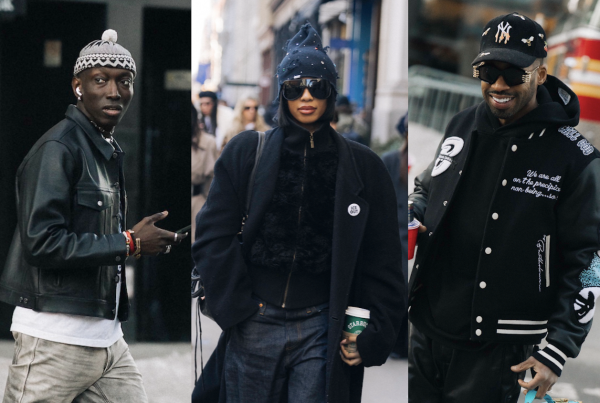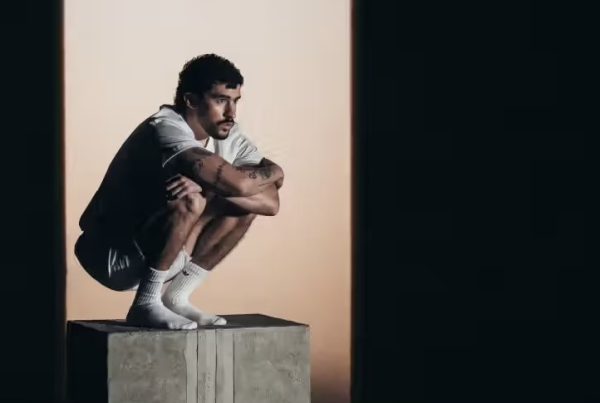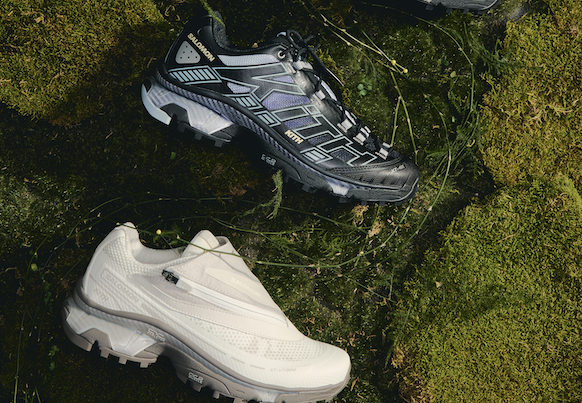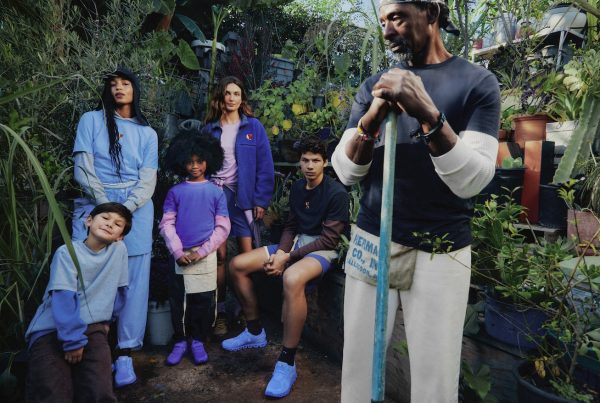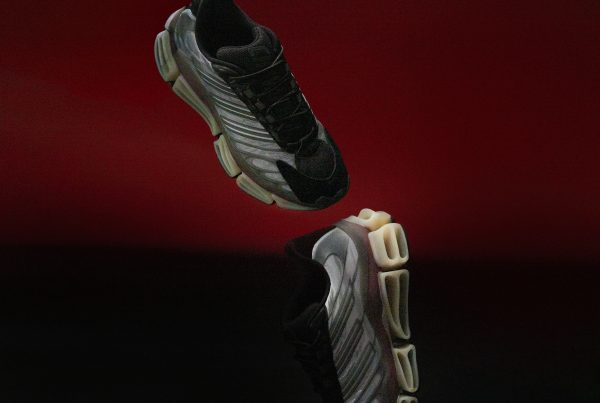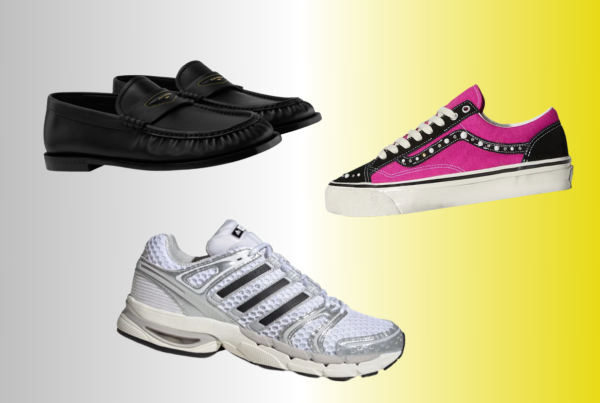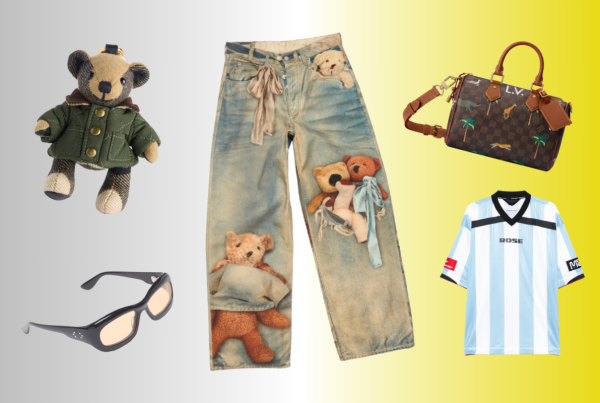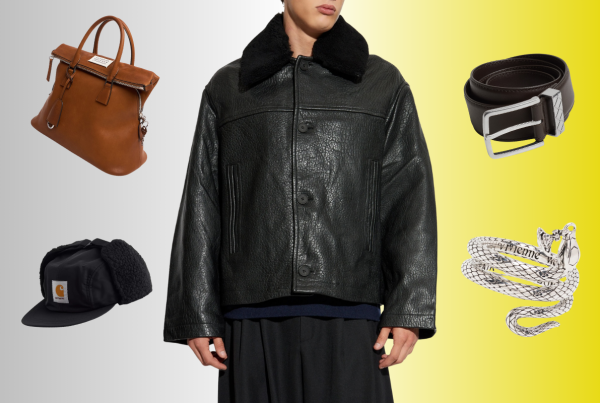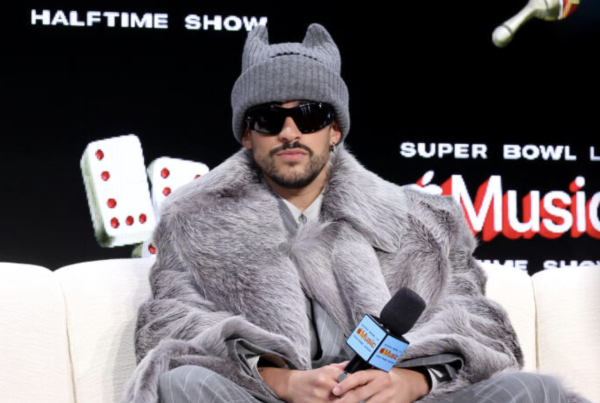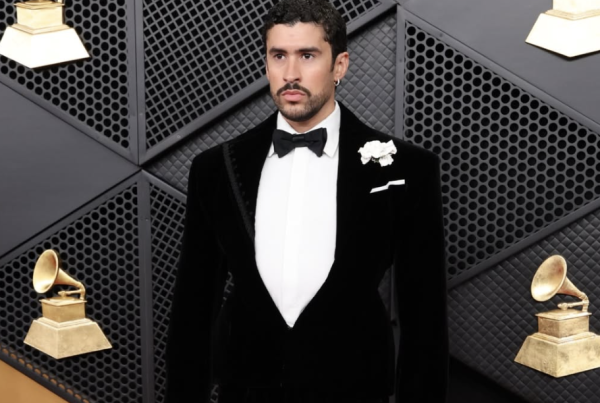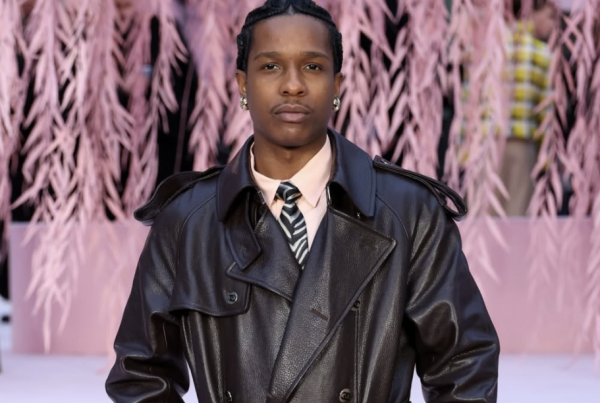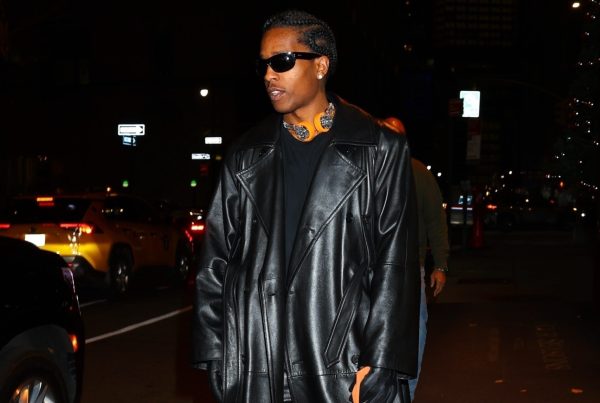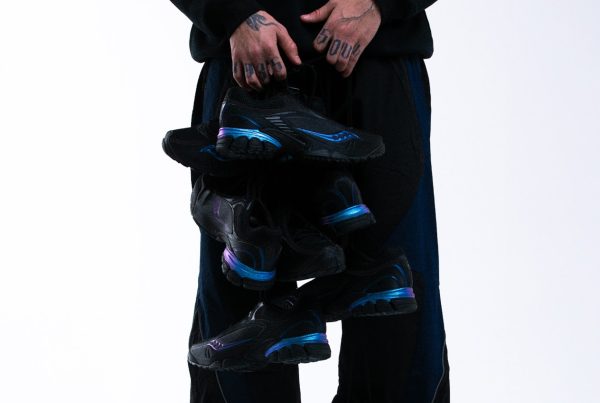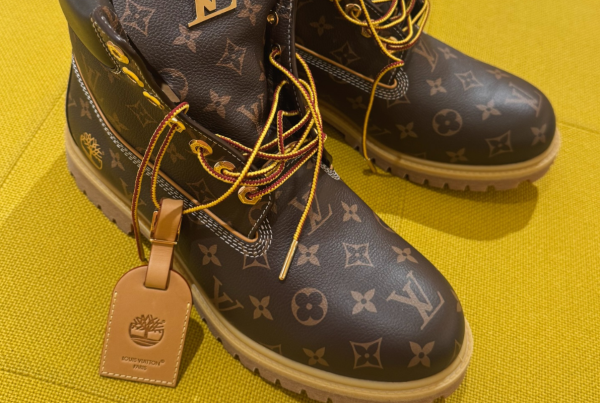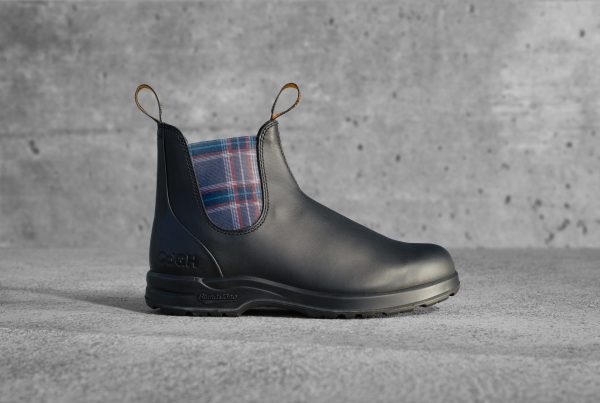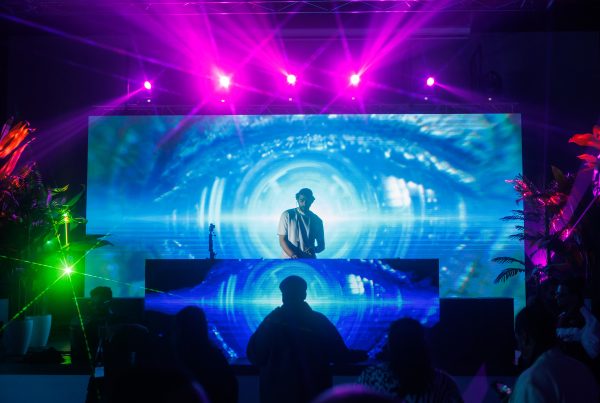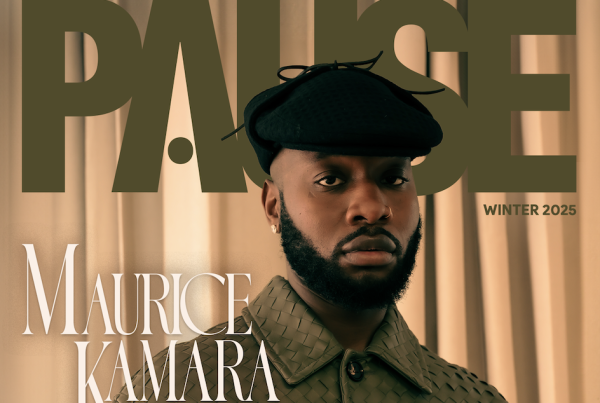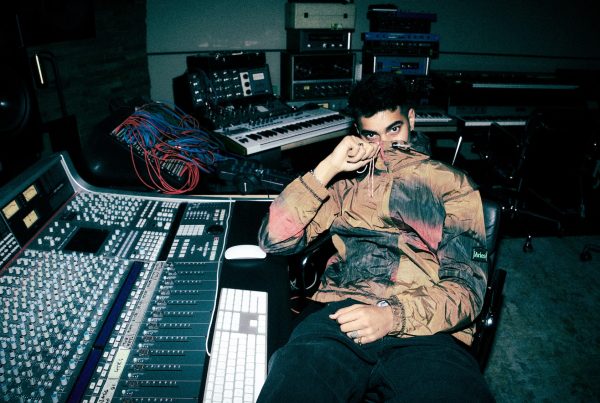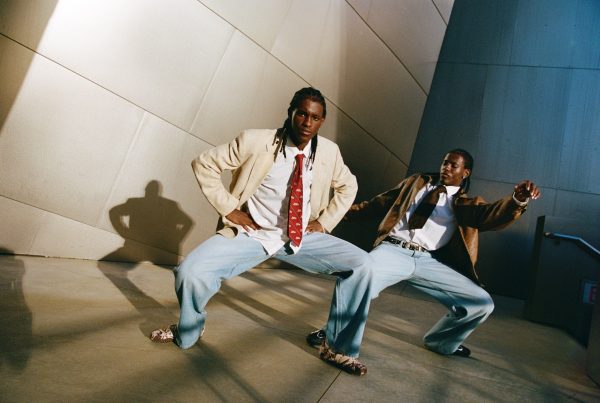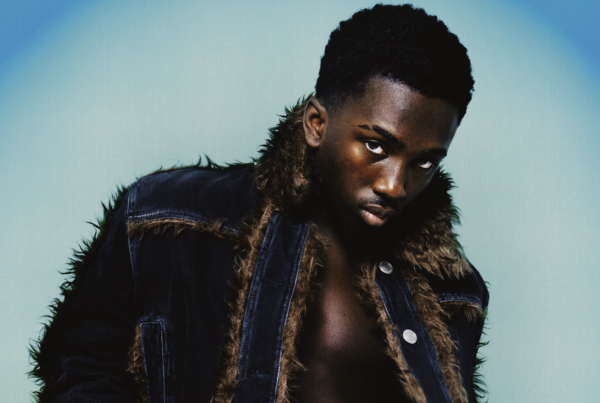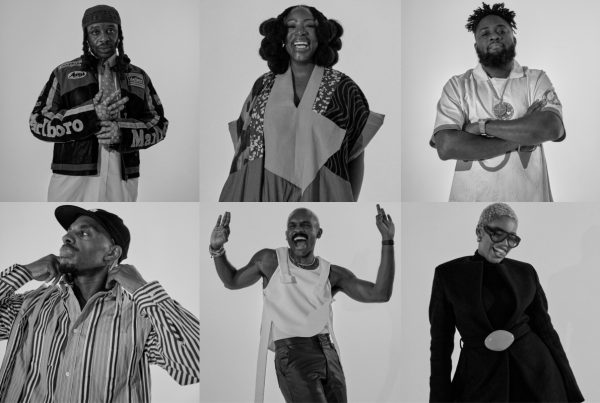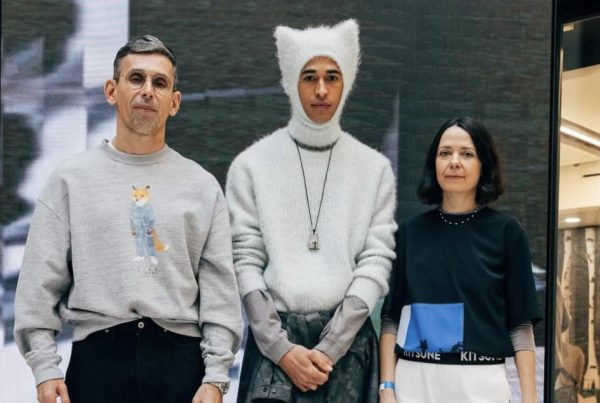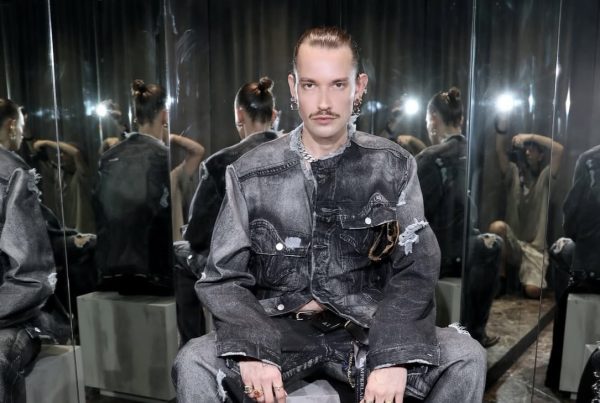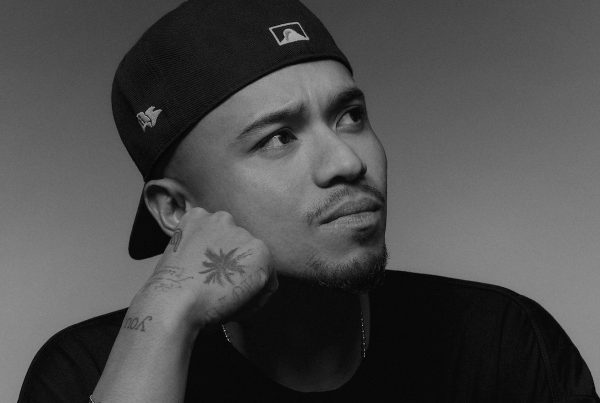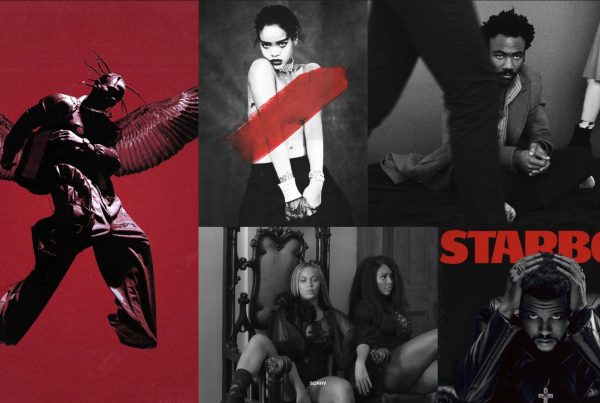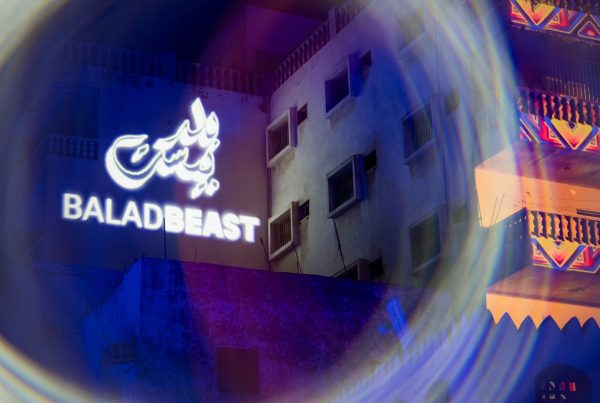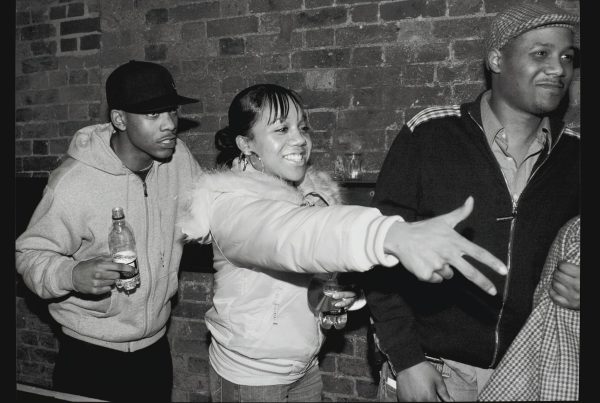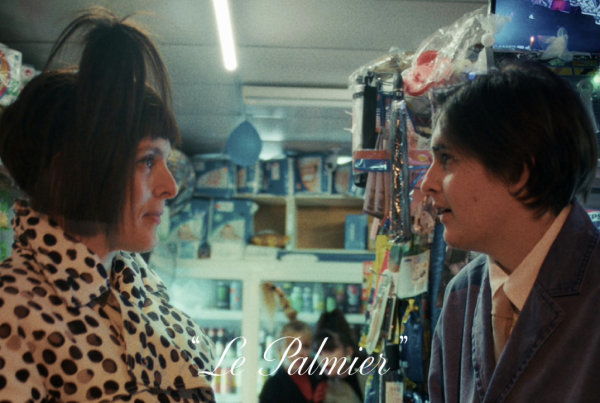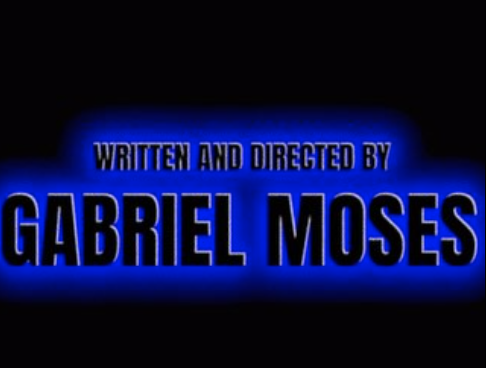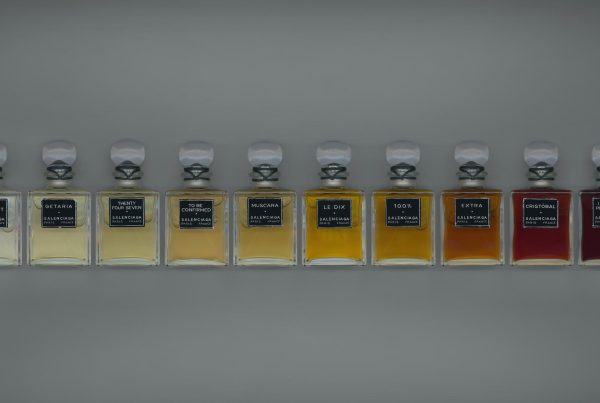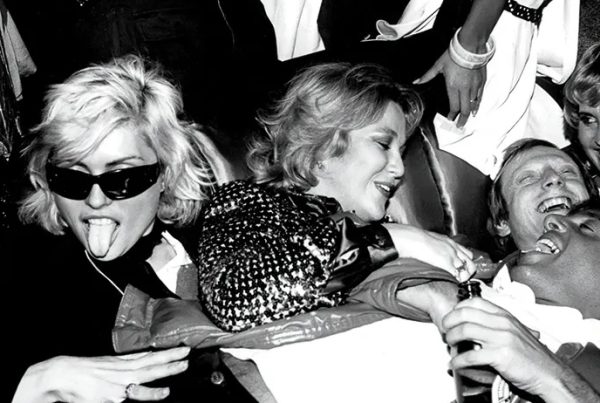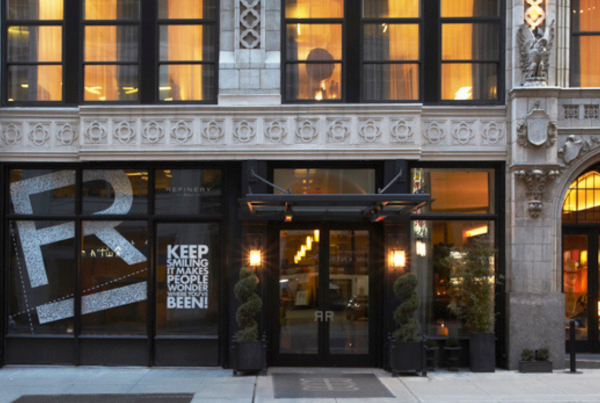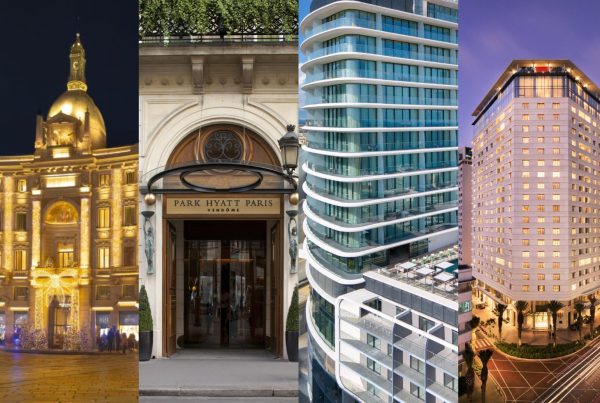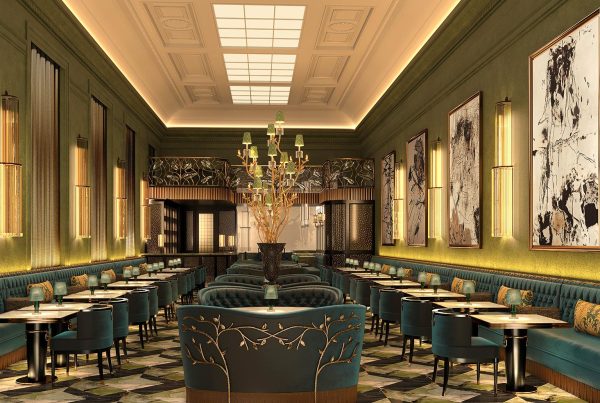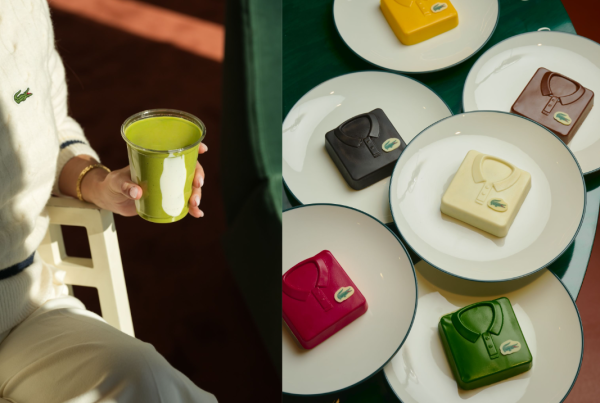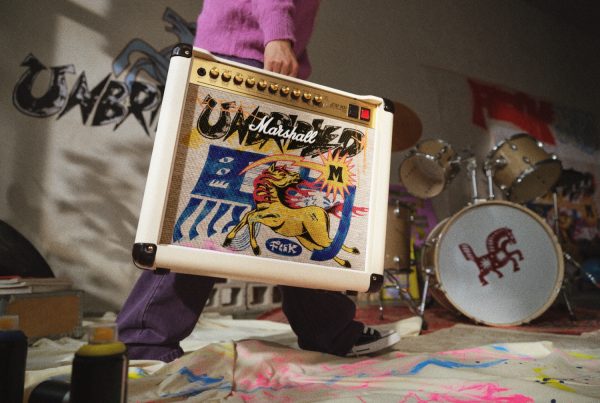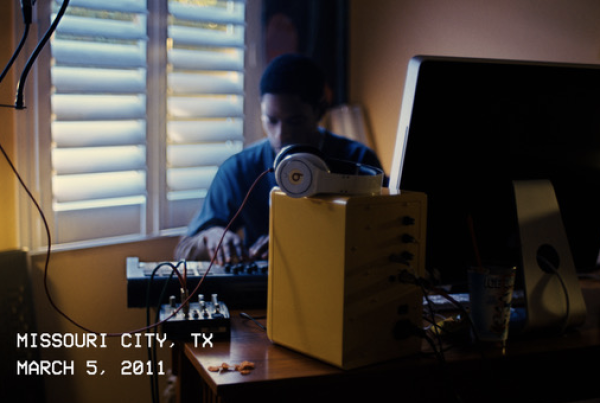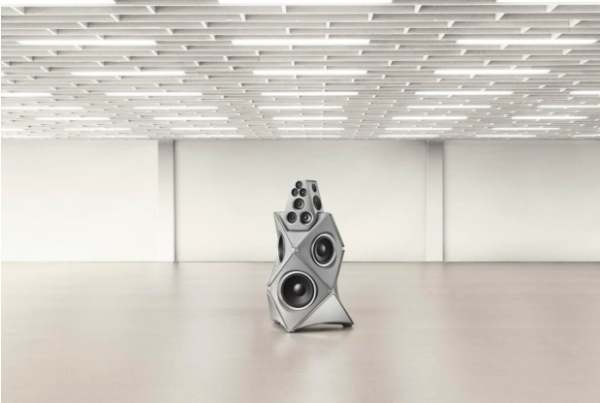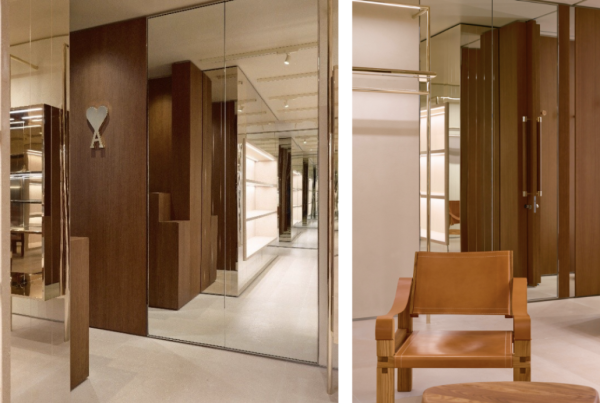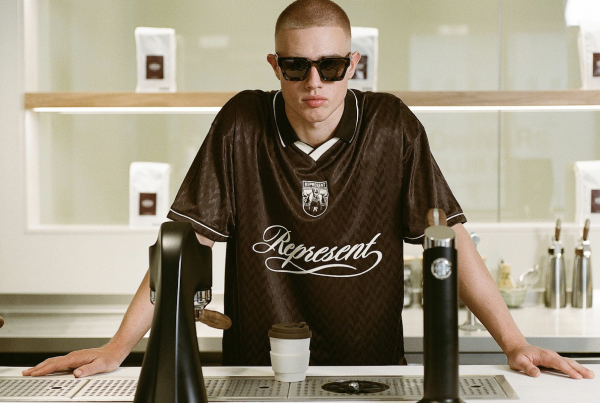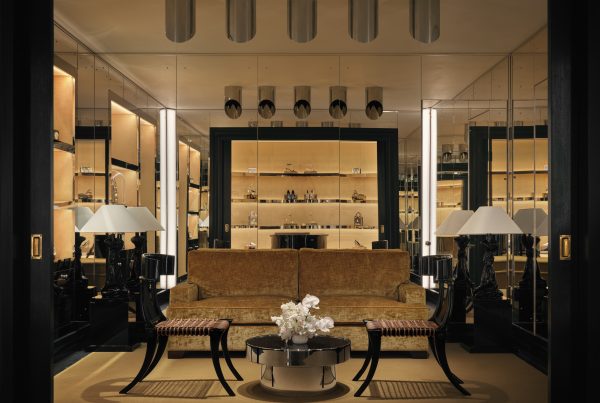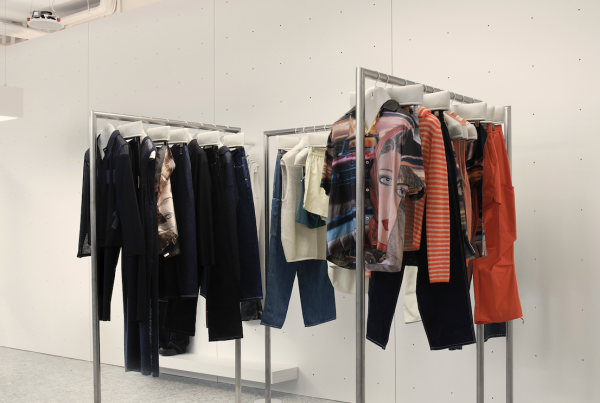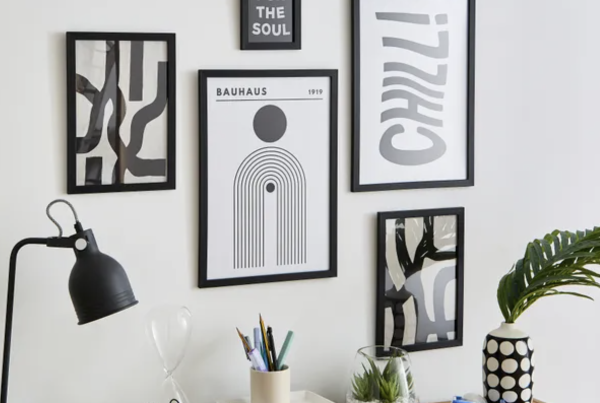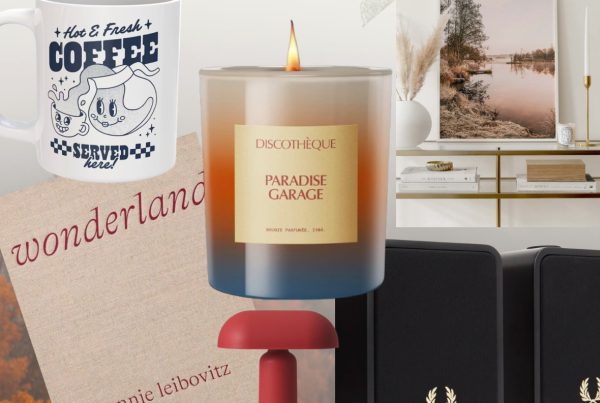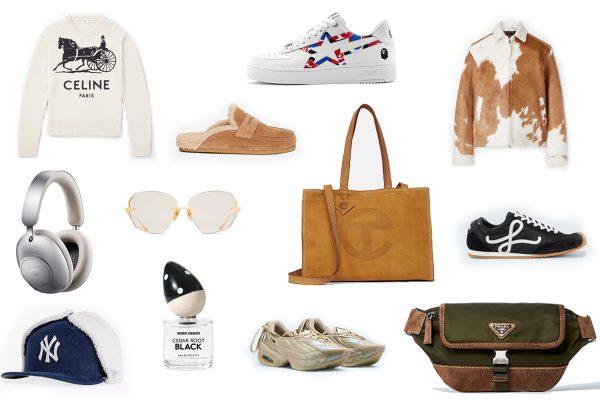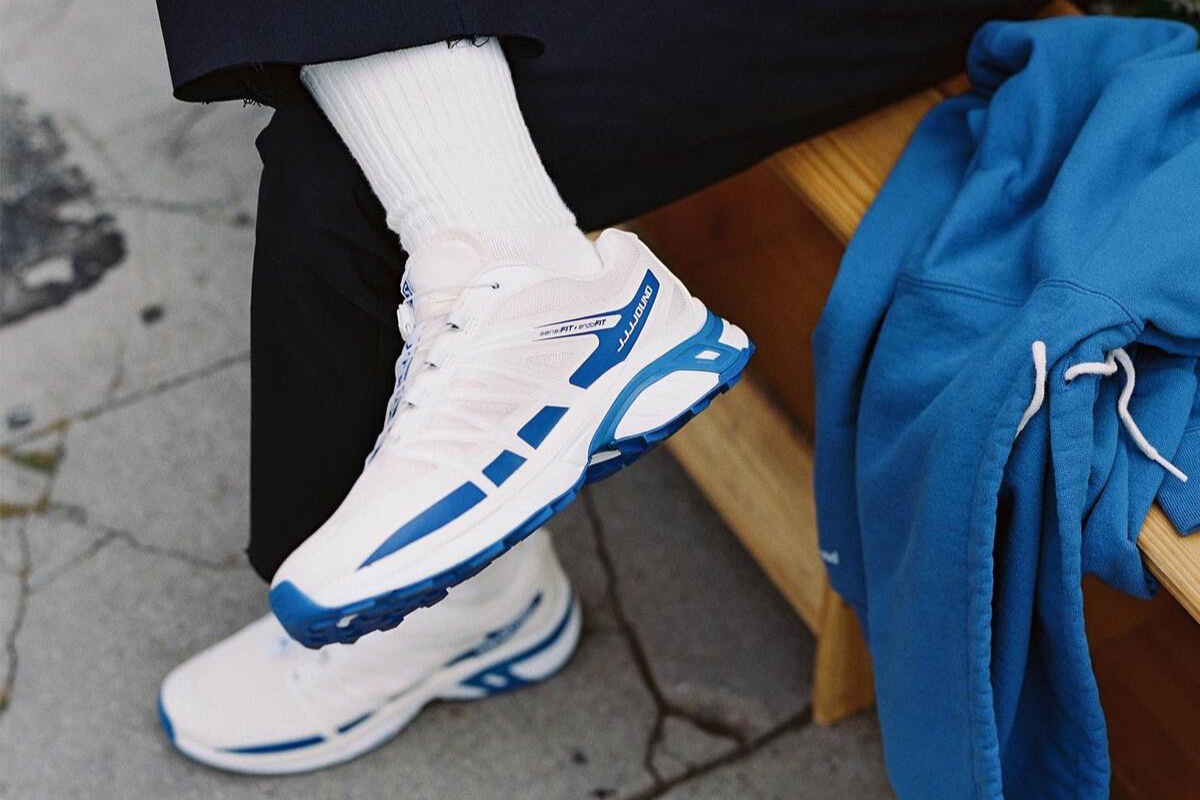PAUSE MEETS:
Kelvyn Colt
Talks German influences, style inspirations, and vulnerability.
“It’s Just Me and My Voice.”
As a Nigerian that was born and raised in Germany, lived in London and, now, California, it’s safe to say that Kelvyn Colt has been exposed to all sorts of rich cultures throughout his 29 years. His interest in music stems from his introduction to poetry at a young age, a hobby he developed into a musical context thanks to legendary rappers such as Tupac and Biggie which, in turn, propelled his curiosity into Hip-Hop despite the lore of Germany’s buzzing techno scene. After various viral hits, a troublesome record label deal and the creation of his own label, TBHG Records, Colt finally takes a deep dive into his homeland’s musical origins by tapping into the country’s electronic pioneering sound for his latest album – GERMAN ANGST.
Being an openly vulnerable individual that’s unphased by the idea of deep-diving into his own mental struggles, the “Benz | I Know” artist addresses contemporary social issues beyond his music to spiritually connect with his fanbase and community through an array of intimate events and interactions. His intellect surpasses the majority of his peers as he strives to embody an artist, rather than a musician or rapper. He has a hand in other forms of artistic expression that make up his multi-faceted skillset, seemingly aiming to have complete control over all of his creative processes.
Looking forward to translating more of his cultural backgrounds into his creations, Kelvyn Colt chats with PAUSE to discuss his style inspirations and preferences, the process of GERMAN ANGST, and the importance of being in tune with your fanbase.
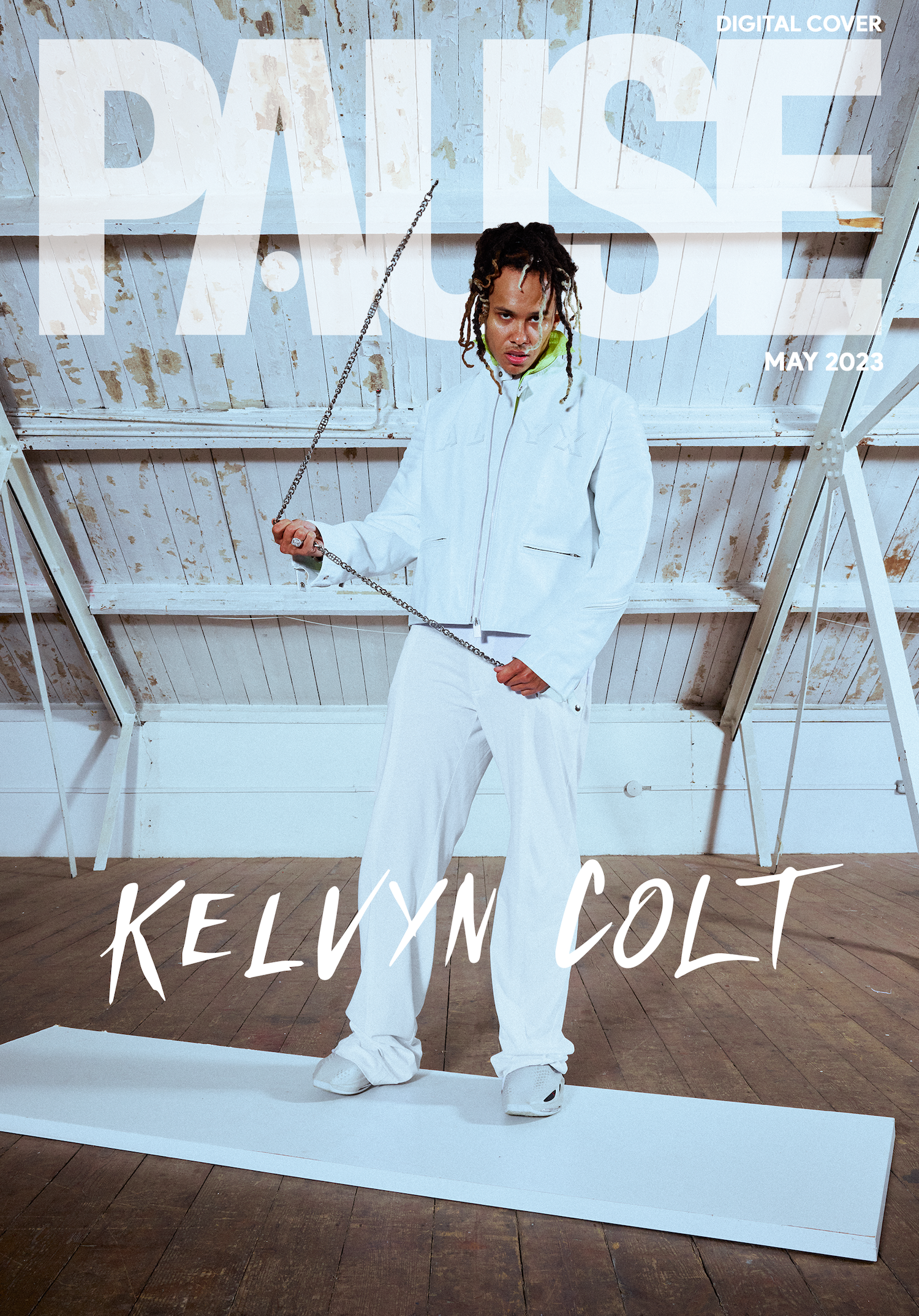
What’s an early memory of fashion you have? Whether that be buying your first pair of sneakers or prepping an outfit.
That’s a good question. I used to sneak into my dad’s closet and take his clothes. My parents were fairly young when they had me, so I’m wearing all that early 00s hip-hop clothes. It’s like when my dad used to have like, you know, Sean John Rockaway. And obviously, I was super small so the shirts in three XL would go to my knees and sh*t.
When you came to shoot with us, the first thing I noticed was the Our Legacy Mohair Coat that you had on… is that a brand you typically buy from?
Not necessarily, I don’t really have go to brands in that sense. There are brands that I see when I’m in a shop or ones I know have a boutique on their street or whatever, I’ll always check them out. Our legacy is one of them. Definitely A-COLD-WALL*, Rick Owens, all that sort of stuff. But generally speaking, I really don’t care who made it as long as I like it and the quality is good. Obviously, if I have a bad experience with a brand that is, let’s say expensive, but then I know that they’re like known for copying other designers or it’s bad quality, I won’t buy from them again, but generally speaking, my favourite stuff that I buy is actually from designers that I don’t know but that are up-and-coming.
That’s cool. What is your shopping experience like when you do go shopping by yourself?
I definitely prefer going out and going into the real world and touching things and trying them on, but some of the most exciting stuff I definitely found just on Instagram.
How would you describe your personal style?
It’s not one particular thing, like, one day, I could be inspired by anime and be into super functional tech-wear, dystopian – like post apocalyptic. But then the other day, I’ll be inspired by a film like Belly (1998) or, you know, it’d be like all hip-hop, all 90s type shit. So it really depends on my mood.
What do you think your style is at this exact moment? What are you kind of feeling right now?
I mean, right now, I’m wearing grey tracksuit pants and I’m laying in the sun on the balcony.
That’s the life.
You know what I mean? But other than that, yesterday, I was wearing oversized, dark brown jeans that were really 70s, like flared jeans. But then I was wearing this black Louis Vuitton leather jacket, the monogram one that Virgil made and a very short black t-shirt.
I see, I see. Who are some of your style inspirations?
Yeah, it’s funny. The other day I was asked, ‘Yo, how come you dress so good?’ and then I said, first of all, I’m Nigerian. I think that’s in our blood. And then second of all, when I was a teenager, I used to go on one of these blogs like ‘Dress like West’ and I used to look at Tumblr pictures of Pharrell, Kanye, Kid Cudi and Tupac. These four were my style icons growing up so nowadays, I get a lot of references and what I wear from them.
Did you go through that phase just before the “hypebeast” era where everything was on Tumblr?
Yeah, for sure. The whole Hood By Air, Pyrex stuff. Rocky, back in the day as well.
How are fashion and music connected to you?
They go hand in hand. And they’ve always gone hand in hand. It just took fashion brands like 20 years to acknowledge that.
Coat: Agro Studio, Trainers: AMI Paris
Having dropped out of law school to go to London and pursue a career in music, how difficult was it to get your parents on board with the whole ‘chasing your dream’ thing?
They were definitely not fans of it. My mom, she kind of always held it down for me but my dad and my stepdad, they thought I was crazy – legitimately thought I was crazy. But, you know, when I was living in London, I ended up studying business again and I graduated. I had crazy job offers from Facebook and Mackenzie and all sorts of companies, I just didn’t it pick up and was working retail and doing whatever to get by so I could focus on my music. So they were like, ‘Yo, you’re just stupid,’ but, I mean, it worked out.
Yeah, clearly. What do you think was the moment when they finally realised what it was all about – chasing your dreams?
I think for parents, what’s always important is to see the money. So once I started making money off of my passion, that’s when they understood. I think when it really clicked was when I was playing shows and they came to some of the shows – I think it was actually my first performance at Frankfurt and Switzerland which is like a festival – and they saw that my show was the highlight of the festival and they saw 1000s of people singing my song. Then they were like, ‘okay, now this is actually a thing, this is real.’
It’s hard to talk to you without mentioning the switch you made when you went independent and got out of a record deal, is that something you recommend to other artists?
That really depends. Not everyone is made and meant for that. For sure, it depends on the genre, the type of artist you are and all these sorts of things. But I think particularly now, we’re in a space where everybody’s ‘cooking with the same water.’ You know what I mean? Like everybody’s just posting shit to Tik Tok, hoping that it sticks, and in the meantime, everybody’s trying to build a fan base, doing activations outside of the digital space. So, if you don’t have any financial means, a record label can be a good option. If they actually dedicate the resources towards you. If they don’t, you’re kind of f*cked, because they’re not going to allow you to release anything unless it gets major traction. Sometimes, stuff has just got to be out there and somebody discovers it somehow. So I wouldn’t recommend anyone signing unless you’re in a position where you have a lot of leverage, where you can get a deal that really serves you and a team that’s really invested. If you sign, don’t sign away your rights. Do a licencing deal where the rights return to you after a certain period.
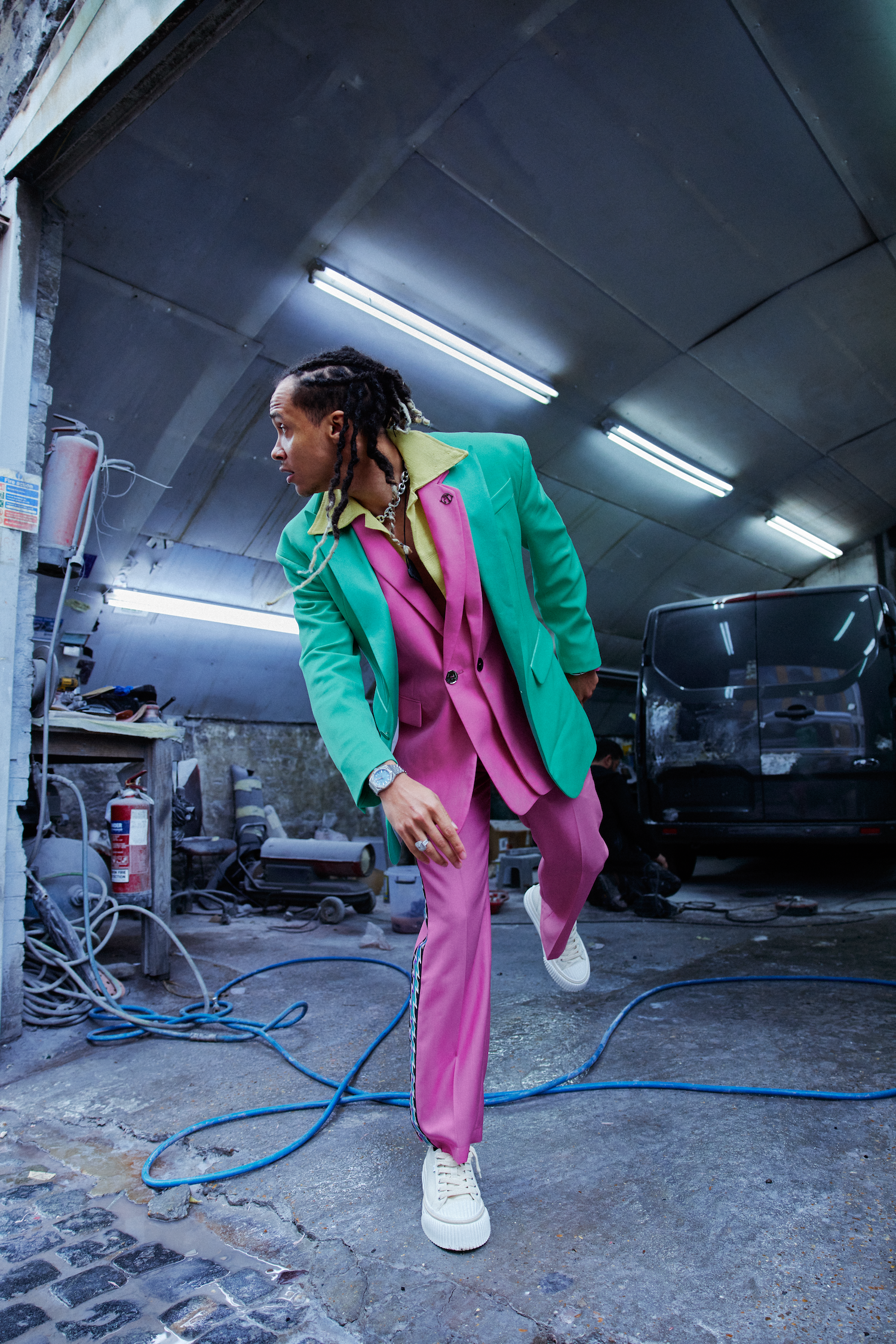
Blazer: DSQUARED, Suit: Ash Luxe, Shirt: Stylists’ Own, Trainers: AMI Paris
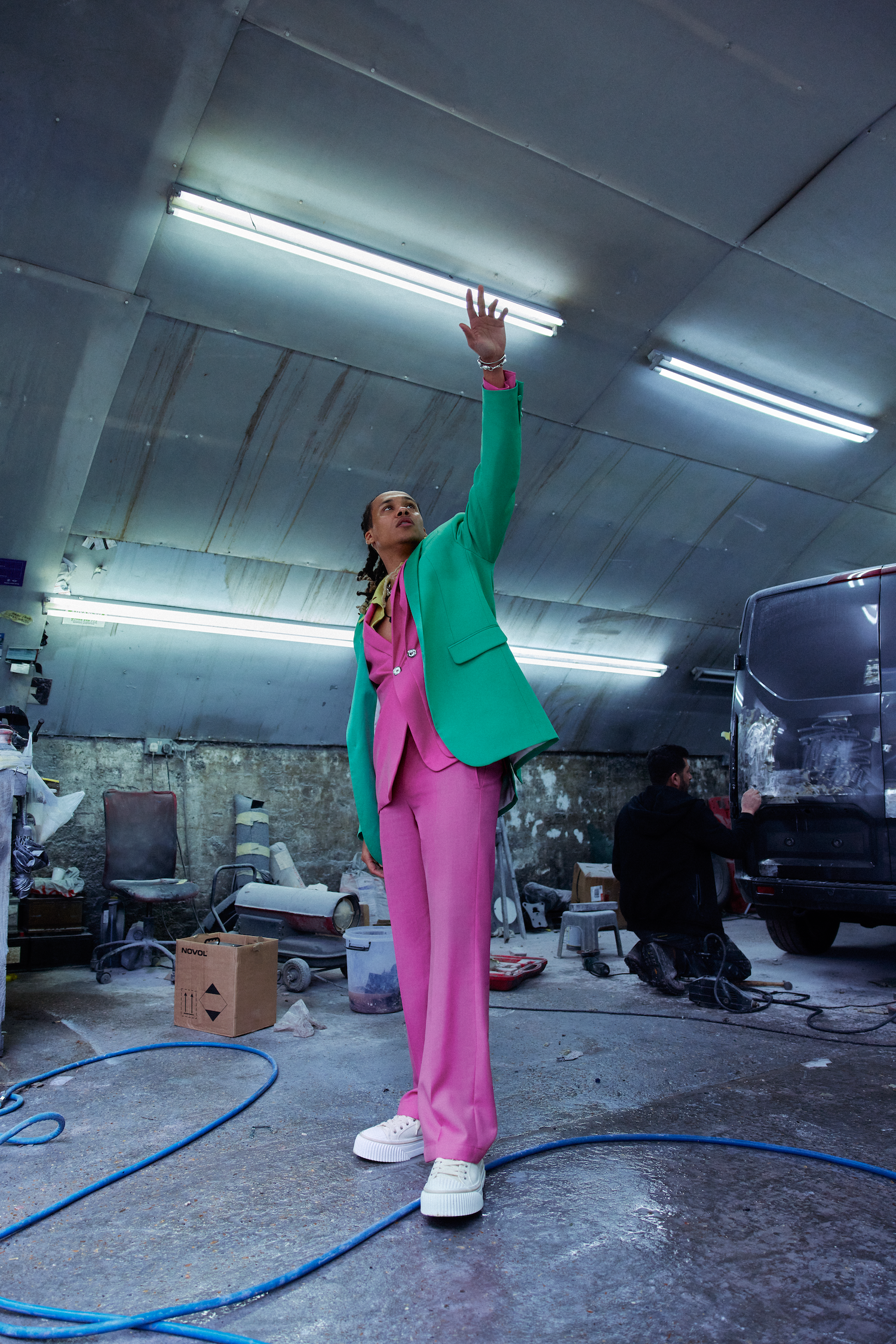
Germany is widely known as the place for techno – the scene is huge there. How did you immerse yourself in that culture when you were younger?
At the time, in the area I was growing up in, the big thing was the Pitbull, David Guetta era and it wasn’t really the techno world. I started getting into that side of electronic music actually just a few years ago. When I was younger, I was definitely rejecting it because it represented a lot of things for me that I didn’t agree with, like white privilege and not being able to get into clubs due to the colour of my skin, so I just associated the music with people and things that I didn’t agree with. It wasn’t until later when I started going to Berlin that I saw that what they had made out of electronic music and the area that I grew up in is very different from what it actually stands for, because it is a place that is very welcoming and sort of for the rejects, the misfits, minorities or the queer community.
It’s very much an accepting space.
Yeah, absolutely.
Your latest album, GERMAN ANGST, has a lot of references to electronic music. What made you want to explore the sound at this point in your music career?
I wanted to tap into something that was German. Especially moving to the US and getting my visa and all that stuff, people are like, ‘Oh, you’re from Germany? What does Germany sound like?’ On the other hand, after going into lockdown and going back out again, for the first time in my life, I started dealing with anxiety. So I wanted something that could stimulate my brain sonically and make my body move so I wouldn’t have the time to overthink and wouldn’t have the energy to get all anxious but rather just bop my head and move my feet. That’s how that sonically came about. That’s why I moved to faster and darker sounds – it’s just me and my voice.
Who was the blueprint for the sound that you created for this album? Because I know legends like Kraftwerk who are renowned for that sound as German artists – they were very big influences on the scene. Who were your influences?
Definitely, very well pointed out, it was definitely Kraftwerk because everything’s very synth based – I think they’re really the key. There was also the solid influence of other artists like Gesaffelstein and Tiesto from back in the day and so on but, for me, the focus was anybody that really goes crazy with the synths. Merging that with the 808s and the trap drums, but speeding everything up.
Is this your ‘YEEZUS’ album?
Yeah, definitely. Definitely sonically, and also aesthetically, the way we did the release party and the shows around it, 100%. The crazy thing is, a few years ago, I worked with Che Pope who was the executive producer of ‘YEEZUS’ and I found a lot of old reference tracks that we made and I was in a car the other day with friends, playing some of those songs it they were like, ‘this sounds like YEEZUS’ and I was like, ‘yeah, because it’s from the producer.’
That’s actually crazy. How do you decide on what sounds you want to explore with each drop?
Usually, the process is just that I sit down with everyone – the entire project (GERMAN ANGST) was produced by three people which were Luke, who’s also the DJ that I tour with, Liam, a young Irish kid that lives in Frankfurt and obviously myself. We would just sit down and we’ll collect sounds, we just go through synths and for some of the songs, we took audio software like music production software from the 90s and we would crack it so we could use it nowadays on our MacBooks and Windows laptops. Then we would play the synths in there, find the drums in there and then create the tracks within there and export it, and then import it into Fruity Loops or Logic. That’s why a lot of the sh*t really sounds authentic, because we actually used the sounds and the software as if we were making techno in the 90s.
I love how you kept your respect towards all the original software and sounds, that’s really sick. How was the switch from Europe to the US? What do you think was the biggest culture shock for you? Because it’s a pretty big shift.
I mean the food, there’s f*cking shootings everywhere, all the time. Not a single day where you don’t hear cops or a helicopter go by which is crazy because we’re not in downtown or the hood or anything, we’re sitting there in West Hollywood and there’s still the ghetto bird flying around. You know what I mean? Like sh*t’s real out there. I mean, London gets wild sometimes as well in terms of you can’t really wear your jewellery out like that or walk around. But just that whole awareness you need, everything’s a bit more extreme out there. Beyond that, I feel like people are more excited about new sh*t. They’re very proactively looking, coming up to me and asking, ‘Oh my god, you’re from Europe? You’re from Germany and you’re Nigerian and you lived in London? How do you sound? What’s your music like? What’s your Instagram?’ People are really excited about the new sh*t.
As an artist that prides themselves on live performances and the energy you bring to the stage, how do you want people that go to your shows, or people that are just there at an event, to feel when they watch you?
I want them to feel inspired. I want them to feel like I care and I appreciate their time because I always feel like there’s so much going on in the world. People could be everywhere and anywhere, but they chose to come, which I’m always very grateful for because it enables me to do what I do and I want them to feel that. If they see me do it, they can do it, you know what I mean? If, they work hard and just free themselves from judgement and doubt and all these sorts of things, they can do it. That’s one of my key things. I get super anxious when I watch other artists perform, especially when they’re sh*t performers which goes for like 90% of rappers.
Wow, I guess you just never know who’s watching. I know you host a lot of events to engage with your fanbase and community. What are some other ways you will interact with your fans in the future?
I’m super focused on making things bigger than just music. The launch for GERMAN ANGST in Berlin was six hours long, we had to cap the entry at 100 people so it was for the 100 closest fans and it was crazy. It started off with a cacao ceremony and we did a breathwork session. There was like a space where fans could exhibit their art and there was a time slot for their own art. Then we had a dancer there who bleached t-shirts whilst dancing and then you could buy the t-shirts afterwards. We scented the venue with scented candles that I had made, like I pod them myself. More performance art than just a concert, I want to touch on many senses.
I feel like that’s such a lost thing nowadays – like really interacting with fans in an honest way in such an enclosed space.
I want to build safe spaces, I want to build worlds that you can escape into and leave inspired.
Yeah, I feel like these are the sort of ways that make fans really feel like they’re cared about and appreciated by the artists. What are some ventures that you want to take on outside of music?
Definitely, the world of performance art. I’m learning more and more about it and it’s becoming more and more a part of my whole process, be it the performances or music videos. Also, directing my videos and building these worlds, I’ve really taken a huge interest in creative direction in general. I’ve worked with a lot of creative directors who charged a lot, but really didn’t do sh*t and I’m like, ‘oh, I can do this.’
Finally, to wrap it all up, what’s next for Kelvyn Colt?
So, we got a lot more music coming. I just signed a big distribution deal in the US, so it’s focusing on building in the US whilst also still serving my fanbase and community in Europe. Also, slowly tapping back into my Nigerian roots, and I want to do more stuff in Africa and Nigeria. But, right now, the focus is just really releasing more music and more fan-focused events, community driven events.
Seems like your music career is just tapping into all your origins, which is amazing. Thank you so much your time.
Thank you for the questions.
Follow Kelvyn Colt on Instagram


